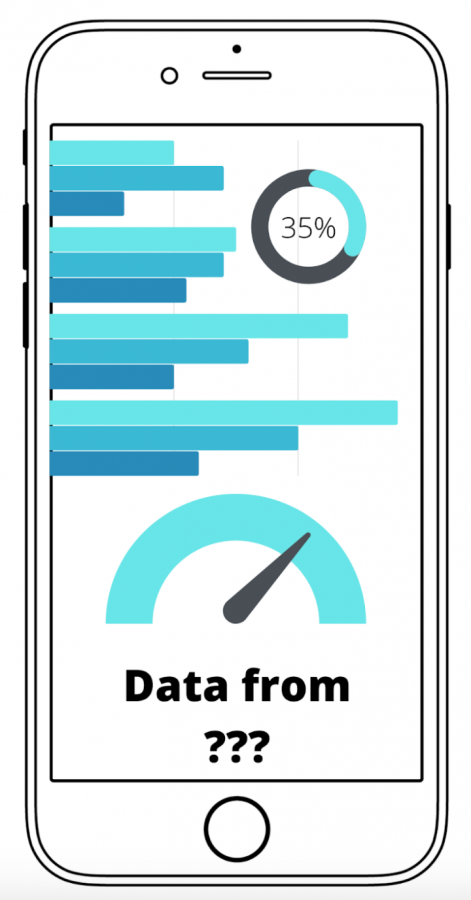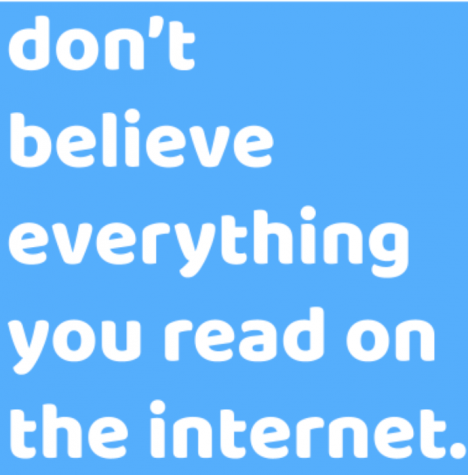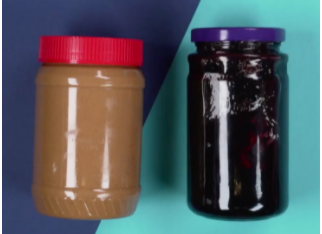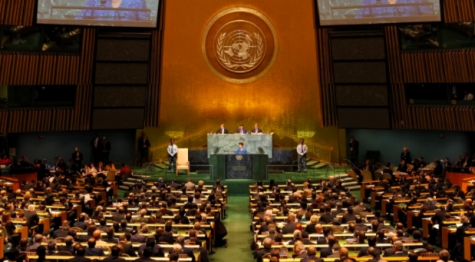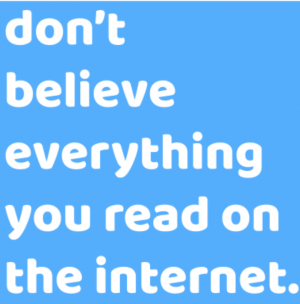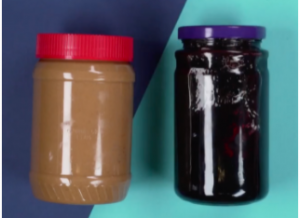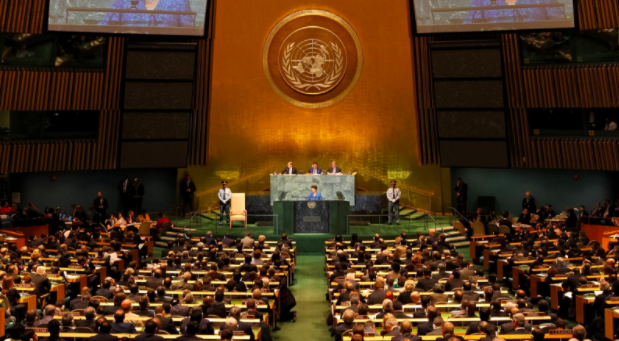Social media activism portrays bias, reflects performative actions
Graphic by Abbie Goldstein ’22
Many people post information onto social media without checking its accuracy and credibility, spreading misinformation and bias. This can have harmful consequences on society as a whole.
What used to be an Instagram feed flooded with birthday posts, photos with friends and funny memes has now been overpowered by misinformed teenagers reposting one-sided infographics, biased photos and extreme opinions. While this new era of “Instagram activism” may have its pros, overall there is a heavy amount of baggage that comes along with it.
The main appeal of social media as a means of activism is that it is easy to raise awareness. With one click of a button, you can share your opinion in the form of a caption, photo or infographic for thousands of followers to see. While this form of media has helped spread information and recognition for certain causes, it has also contributed to an era of misinformation.
According to a 2019 study published in Science by MIT Sloan professor Sinan Aral, Deb Roy and Soroush Vosoughi of the MIT Media Lab, falsehoods are 70% more likely to be retweeted on Twitter than true statements. The sense of instant gratification one receives when they share or retweet a post is addicting, and it’s extremely easy to do so without checking accuracy or credibility. As a result, the necessary time to research facts and learn new information is lost.
According to a 2019 study published in Science by MIT Sloan professor Sinan Aral, Deb Roy and Soroush Vosoughi of the MIT Media Lab, falsehoods are 70% more likely to be retweeted on Twitter than true statements.
— Abbie Goldstein '22
Furthermore, social media has a plethora of algorithms that decide what each user sees on their accounts. Because of this, many users see posts with the same opinions as their own, causing them to make snap judgments. If one agrees with the information they’re presented with, they will not want to fact-check it. Those who make snap judgments are often unwilling to engage with those who have varying opinions.
This misinformation has proven to be a serious issue time and time again. For example, false claims about the COVID-19 vaccine have scared many people into not receiving the vaccine. Following the 2020 election results, Instagram became flooded with posts claiming that there was immense voter fraud and that President Trump had won the election by a landslide, contributing to rioters, insurrectionists and right-wing extremists storming the capitol on Jan. 6, 2021. These are just a couple of examples of how false news and misinformation have had dangerous consequences.
Another characteristic of social media is that it encourages many people to participate and raise their voices. However, this can easily become performative and not achieve any actual change. So many social media users, especially teenagers, end up participating in performative activism and share advocacy posts without actually learning about the issues or the movements they’re supporting.
Many users exercise performative activism to gain a sense of popularity and validation, instead of researching different viewpoints and gathering an individual opinion. Social media influencers, as well as everyday users, are constantly berated with messages telling them to post about certain issues, forcing their words to reflect their need to people please rather than the true importance of the issue.
Overall, social media spreads awareness and participation, but also spreads misinformation and encourages performative activism. As a result, social media only works if it is used in the right way. If people fact-check, research and take time to learn about the posts they share, they can effectively and responsibly advocate for certain movements. However, the majority of social media users do not do this, which is why the misinformation spread through each share, post and repost is so detrimental to society.

Paper Arts Editor Abbie Goldstein ’22 is one thing above all else: free spirited. She returns to Inklings for her last year after a summer of creative...












































